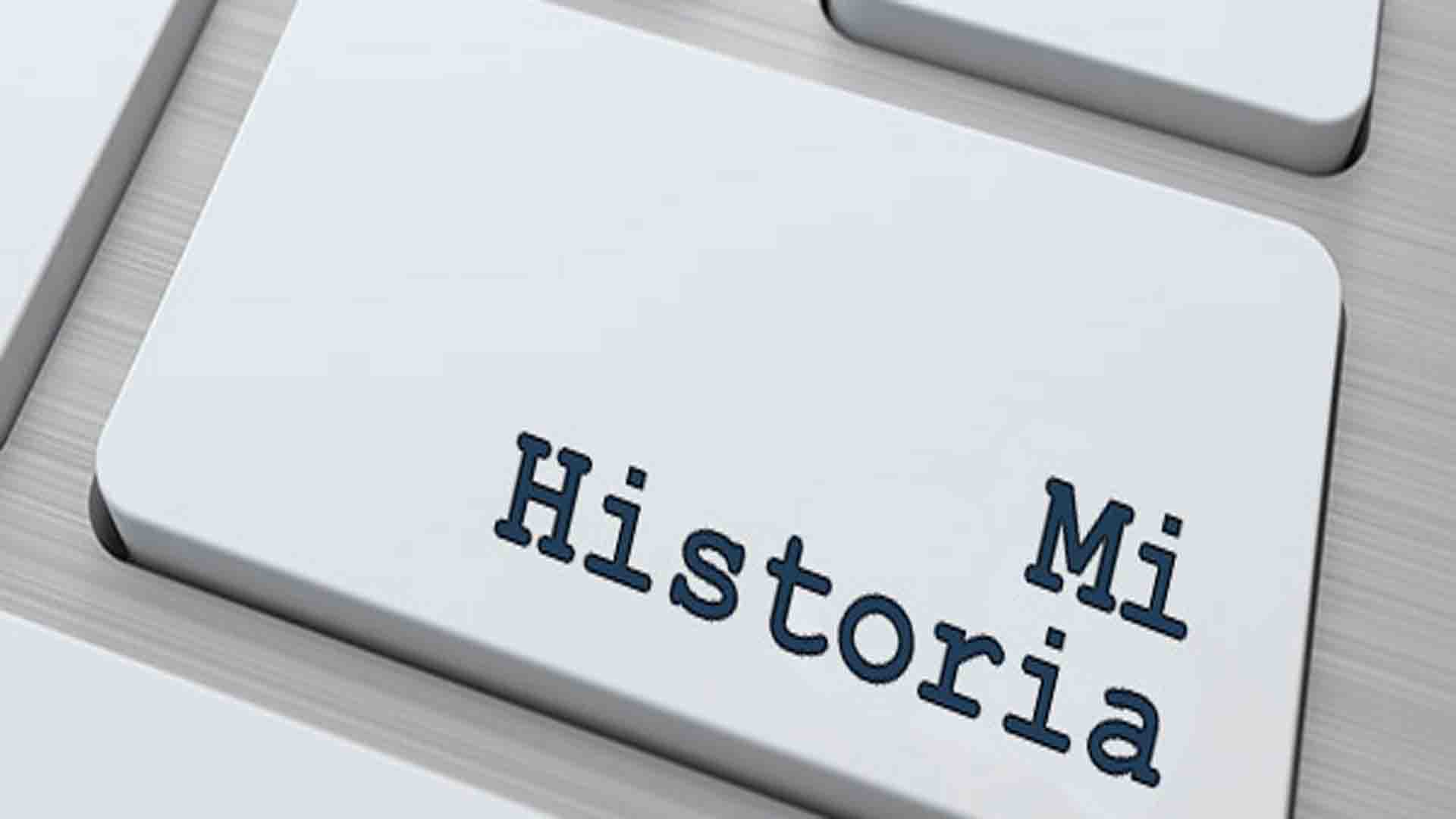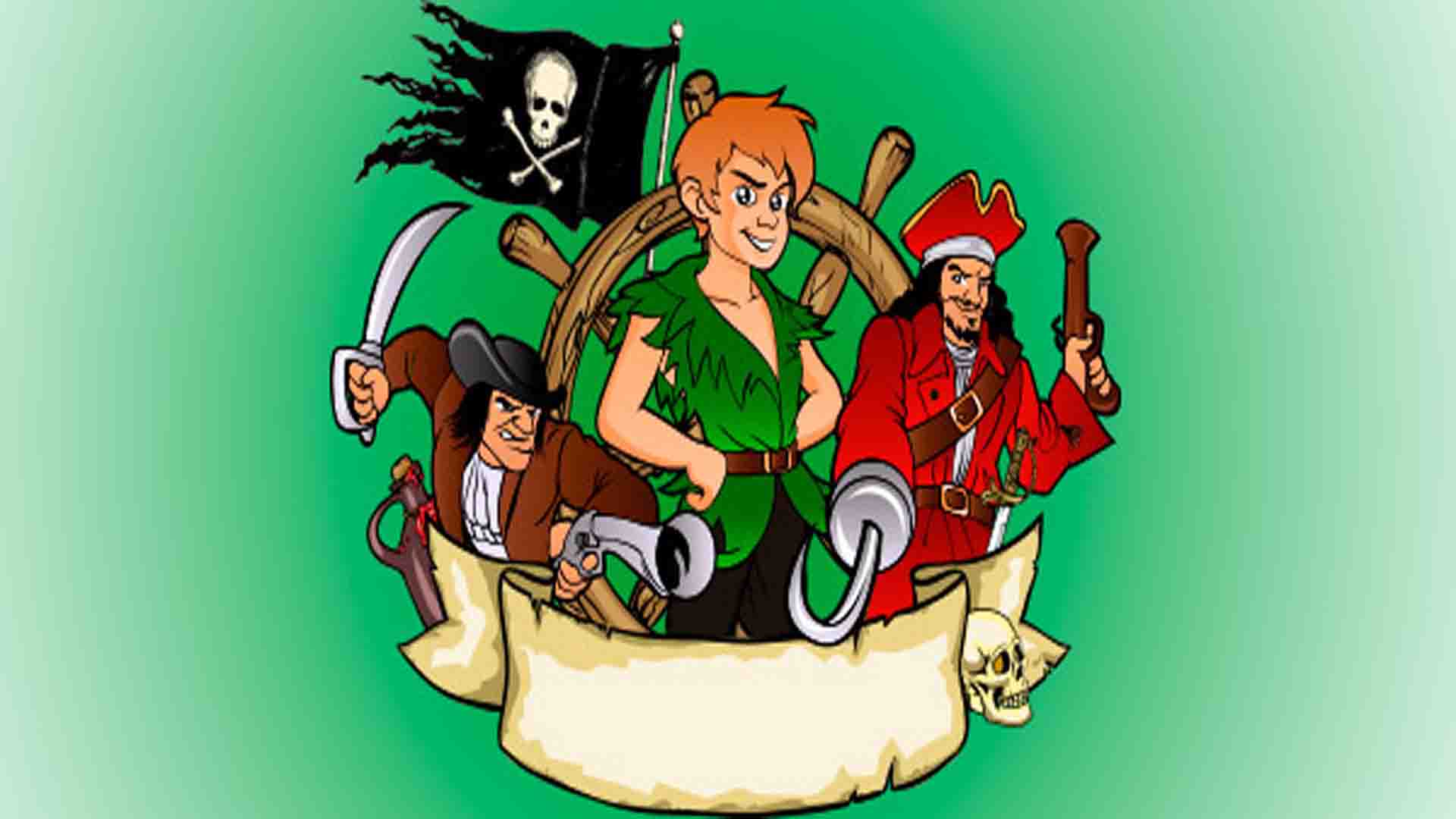Biography Reading for Grade 5th and Grade 6th

Have you ever heard this strange word? Possibly yes, but you don’t know very well what its meaning is. Don’t worry, right now you’re going to find out!
Biography is a word from the Greek that means “to write life”. A biography, therefore, is the narrative in which a writer recounts the life of another person. To do this, you have to gather a lot of data, investigate in depth, and make sure the information is real if you don’t want to screw up. In a biography you should always try to tell the truth.
The biographies are very interesting because thanks to that hard task of research that the author has previously carried out, we can learn about the life of many important figures in history: writers, politicians, painters, kings, musicians, scientists, actors…
If it is a historical character, the biography recounts his life trajectory until the moment of his death. Instead, if the character is still alive, recount their life up to that point. In the latter case, the writer has much more information, since he has the option of asking the protagonist about his life and then completing the information by turning to family or friends, who are often delighted to tell curious anecdotes and experiences they have experienced first-hand. with the.
Imagine that you are given a biography of the greatest painter of the 20th century and one of the most important artists of all time: Pablo Picasso.
What do you think you will find in its pages? Surely you have guessed it: a story about when and where he was born, what his family was like, what his school was, why he started his hobby of painting, what kind of things he liked to do in his free time, the trips he he did, who he fell in love with, what was the first painting he sold, the awards he received… And so on, until his death in 1973, at the age of 91.
This reading will allow you to learn a lot of things about the life and work of the genius, but it will also give you a lot of information about the time in which he lived, such as, for example, what the Spain of his childhood and youth was like, what bohemian and artistic atmosphere there was in Paris when he went to live there, what happened in Europe when the World Wars and the Spanish Civil War broke out, etc.
Biographies, therefore, allow us to know the life of a person and also immerse us in the places and events that surrounded their existence. If you think about it carefully, you will see that this is fundamental: you would not be as you are, you would not really be you, if you had been born in the fifteenth century in a palace in Florence, right? For neither would Picasso have been Picasso nor would he have painted cubist paintings if he had been the son of an ancient Roman soldier and had grown up surrounded by swords instead of brushes.
As you can see in this simple example, the family, social and cultural environment in which we are born by chance, together with the time in which we live, determines our existence. This is key when explaining how the personality and life of any human being has been, and therefore essential when writing a biography.
Today, thanks to technology, biographies can be told in other ways, such as through movies or documentaries.
A curiosity: when a person decides to write the story of his own life, it is called an autobiography.




